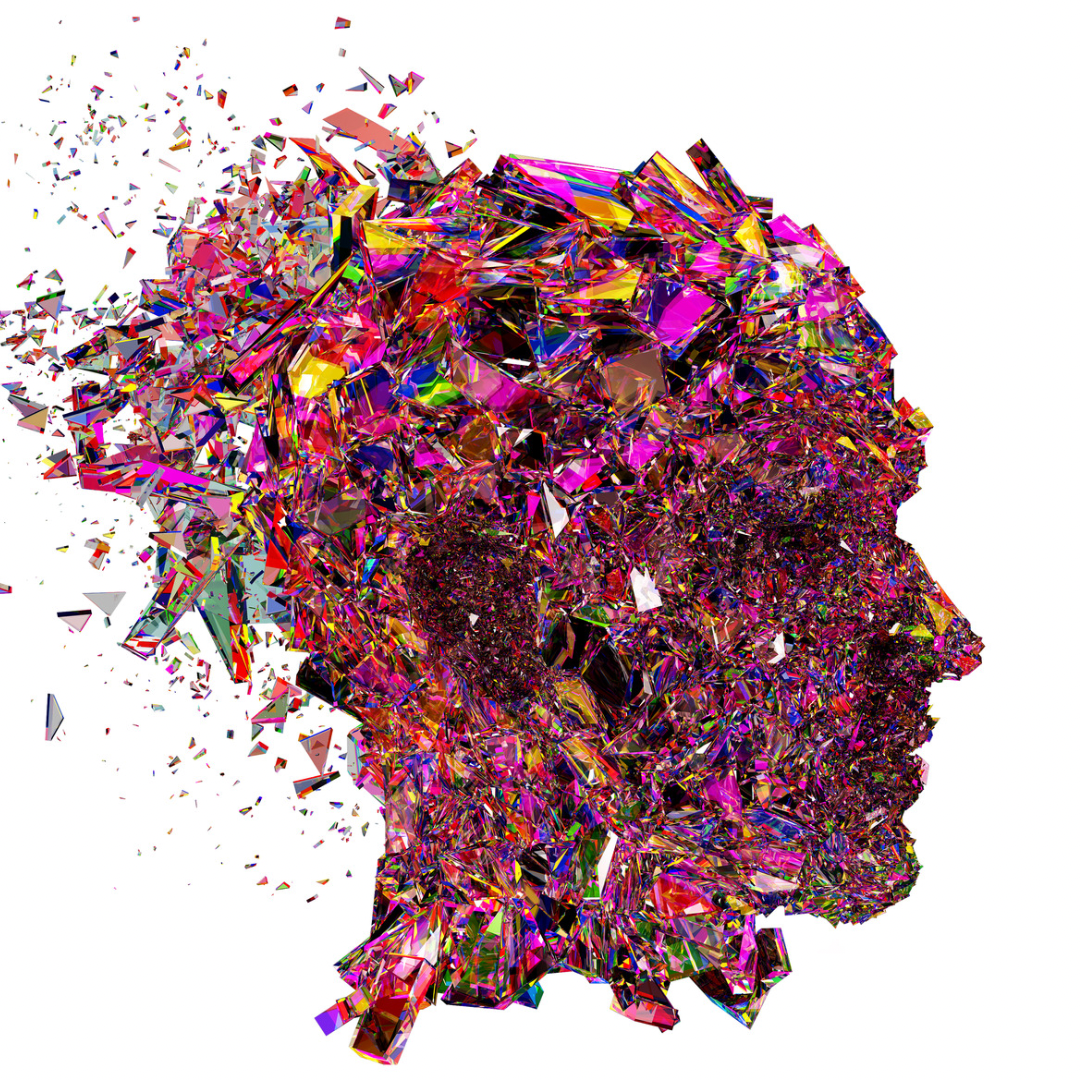It’s Mental Health Awareness Month, and it’s important to take a deep dive into this issue so that we can educate ourselves on why mental health is important and how we can take action.
Historically speaking, health was defined in keeping with the biomedical perspective until 1948 when the World Health Organization (WHO) defined health as “a state of complete physical, mental, and social well-being and not merely the absence of disease or infirmity.” This changed the landscape of how people viewed health and how linked mental health was to the overall well-being of an individual. Despite the momentous breakthrough of incorporating mental health into the discourse, it has taken decades of hard work and grit to get to this current level of progress we have made on mental health issues.
Now, WHO defines mental health as “a state of mental well-being that enables people to cope with the stresses of life, realize their abilities, learn well and work well, and contribute to their community.” They emphasize the fact that mental health is not simply the absence of mental illness but rather a complex phenomenon that is experienced subjectively, varies on an individual basis, and is based on various determinants which may be a combination of individual, social, and structural factors.
Why is Mental Health So Important?
Mental health has a symbiotic and equally important effect on physical health and vice versa. However, historically speaking more emphasis has been laid on the importance of physical health for example, you were more likely to be taken as seriously ill if you complained of having physical symptoms such as vomiting, a fever, or a headache over feeling sad or mentally fatigued. This is in no way to downplay the importance of physical health but to highlight the need to prioritize mental health. For example, an individual may wake up feeling healthy physically but there’s this lack of enthusiasm and energy. As much as the person is physically okay, there’s a strong possibility that the person won’t get anything done that day if they don’t get some help.
Studies have shown that mental illness has a direct impact on physical health and productivity. According to the United States of America Centre for Disease Control and Prevention (CDC), depression increases the risk for many types of physical health problems, particularly long-lasting conditions like diabetes, heart disease, and stroke. Similarly, the presence of chronic conditions can increase the risk of mental illness.
I have seen and experienced the power of kindness and a positive mental attitude on the productivity and strength of an individual. In my practice as a medical doctor, I have seen over time how social support, mental health, and fortitude can impact either positively or negatively the physical health and/or recovery of patients.
Action Points
Now that we know what mental health is and why it is important that we – as individuals and organizations – can improve mental health statistics both locally and globally, let’s explore ways we can take action:
- Be Kind: This has become one of my favorite phrases over the past year. So short yet so powerful. Being kind is something every individual can do irrespective of whether you have some mental health training or not. We can change the world one kind act at a time. Being kind involves being aware, understanding, and compassionate. Be mindful of other people’s experiences and try to be considerate. When you have a friend or family member in need, try to listen and be a shoulder to lean on. For some other ideas as to how you can be kind, check out #BeKind365!
- Educate Yourself: We have so many free resources at our disposal that can teach us how to support and help people with mental illness. My first recommendation would be to take the #BeThereCertificate course. It’s simple, straightforward and practical. Again, you don’t have to be a mental health professional or a healthcare worker to do this. Seek help and help others seek help: as individuals, we must take care of ourselves. Many times, issues left unresolved can boil over leading to elf hurt or getting others hurt. Also, we can encourage our friends, family, and others within our circle of influence to seek help and support regularly. If you see something, say something. Do not look at someone who has a mental health challenge without talking to them or alerting a professional that is capable of helping especially in very dire situations.
- Volunteer: There are many amazing resources, opportunities, and organizations involved with mental health that we can volunteer with. The world is a global village and it is now as easy to volunteer locally as it is to volunteer globally. Volunteering can involve attending health outreaches, social media campaigns and even writing articles and personal stories to encourage others going through a similar experience as you have. Through Channel Kindness, Born This Way Foundation has created an amazing platform where you can share inspiring stories and experiences that reach thousands of readers and who knows who you might be helping. For more volunteer opportunities, visit Channel Kindness’ Take Action page!
- Collaborations and Funding: This particularly focuses on individuals and organizations coming together to collaborate on mental health initiatives and/or funding projects that are geared towards improving mental health either locally or globally.
This is not an exhaustive list of actions that can be taken to support mental health but just a fraction that I hope would stimulate awareness, interest, and action in supporting mental health. No gesture of kindness is too small or wasted in efforts to promote positive mental well-being. There is no health without mental health.
Happy Mental Health Awareness Month.





















